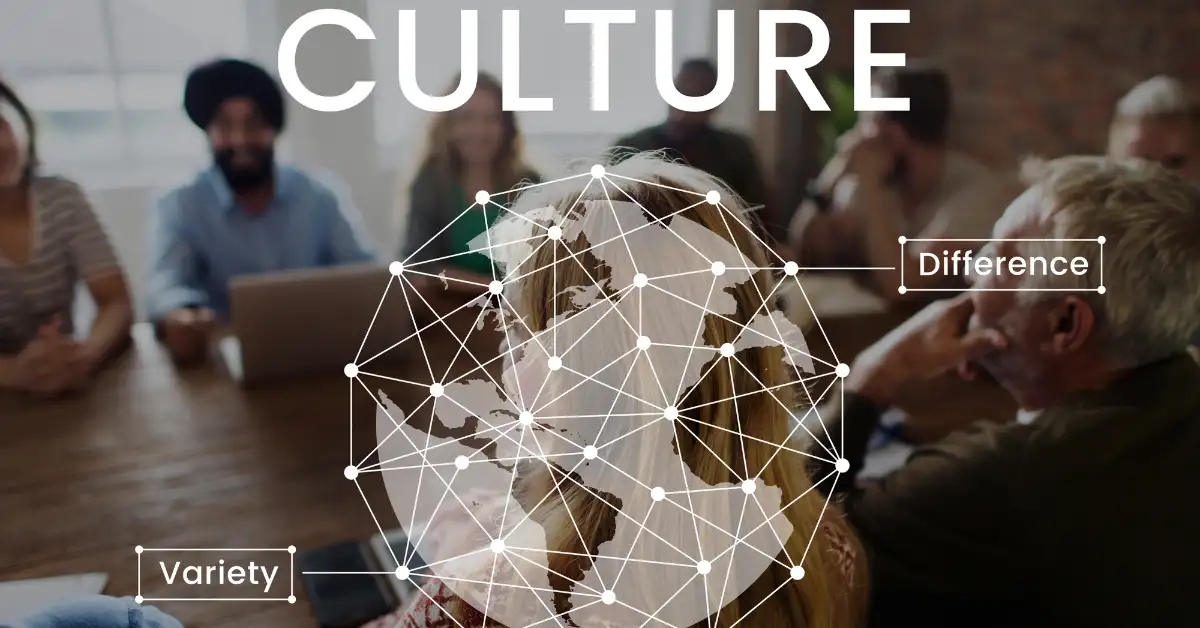“What is Contemporary culture” is a reflection of the current times we live in. It encompasses art, music, literature, architecture, and other forms of creative expression that are popular and relevant at a given moment. It is a constantly evolving concept that adapts to the changing societal norms and trends. Contemporary culture is shaped by a variety of factors, including technological advancements, political and economic developments, and social movements. It is a reflection of the values, beliefs, and attitudes of a particular era, and it often serves as a commentary on the issues and challenges facing society at large.
What is Contemporary Culture?
Emergence and Meaning
Contemporary culture refers to the various forms of art, music, architecture, literature, political attitudes, religious beliefs, and news events that are prevalent at a given time. It’s an ever-evolving concept that shifts with societal changes and trends.
As people’s tastes and ideas change, so does contemporary culture, reflecting the diversity of human experiences. The term is often used to describe both the present day and recent history, encompassing the different expressions, ideals, and customs that have been shared and transmitted among different communities or groups.
Characteristics of Contemporary Culture
One of the clearest characteristics of contemporary culture is its pluralism. This means that it’s comprised of diverse cultural forms and expressions, as well as values and beliefs. From the music we listen to, the clothes we wear, the food we eat, and the technology we use, contemporary culture is a melting pot that draws from a variety of sources and traditions.
Globalization: With increasing interconnectedness through trade, travel, and technology, contemporary culture is often influenced by global trends, ideas, and values. This interchange of cultures can lead to new forms of expression and the merging of different cultural elements.
Digitalization: The rise of digital technology has greatly impacted contemporary culture, allowing for easier access to information, the proliferation of creative content, and the fostering of virtual communities. The digital age has shaped the way we interact, learn, and create in our everyday lives.
Individualism: Contemporary culture places significant emphasis on individuality and personal expression, as opposed to traditional cultures prioritizing the collective. This shift can be observed in various areas, such as fashion, art, and social media, where people can explore their unique interests, passions, and identities.
Fluidity: Contemporary culture is fluid and adaptable, constantly changing and evolving in response to new ideas, trends, and social contexts. This fluidity is seen in the constant cycle of trends and the ability of people to redefine and challenge cultural norms and traditions.
Influence of Contemporary Culture
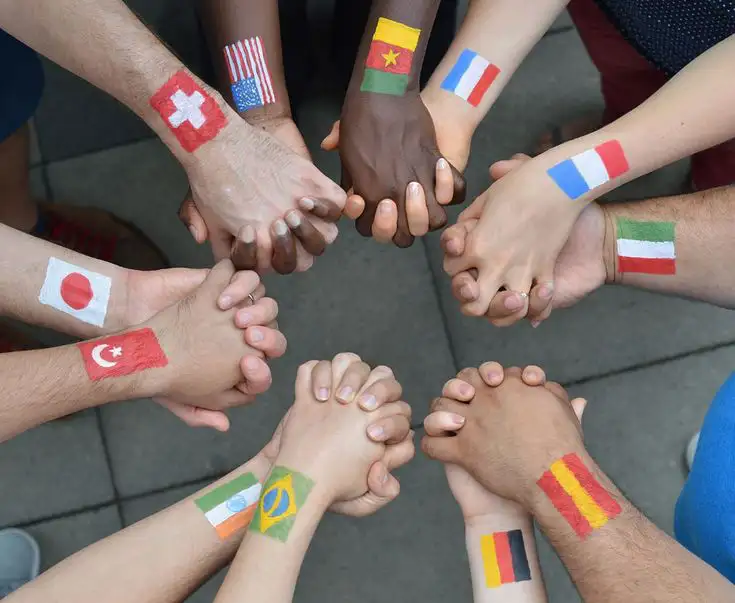
When discussing the topic of “what is contemporary culture”, it’s essential to explore the various ways in which culture impacts different aspects of our modern world.
Influence on Society
Contemporary culture plays an integral role in shaping our societal beliefs and values, as well as our interactions with one another. Globalization has facilitated the blending and exchange of cultural practices, traditions, and ideas, leading to a more interconnected world. This interconnectedness enables us to develop a broader understanding and appreciation of diverse perspectives, fostering empathy and tolerance within society.
Influence on Art and Design
Art and design have long been influenced by contemporary culture, which often acts as a reflection of the current state of society. For instance, the popularity of street art and graffiti once considered a counterculture movement, now takes center stage in many cities around the world. This form of creative expression has evolved from being a means of rebellion to a celebrated and respected art form.
Likewise, innovative design trends, such as minimalist and sustainable architecture, reflect our growing awareness of environmental concerns and the need to conserve resources. These trends showcase how contemporary culture shapes our artistic and design sensibilities.
Impact on Media and Communication
The influence of contemporary culture is evident in the ways we communicate and consume media. Social media platforms have become integral to our daily lives, allowing us to connect with others across the globe and engage in discussions around shared interests or cultural experiences. This can lead to the formation of online communities and networks that foster cultural exchange and collaboration.
Additionally, the rise of streaming services and digital media platforms has transformed how we access and consume content, with more diverse and inclusive narratives reaching broader audiences. This shift in media consumption highlights the ever-evolving nature of contemporary culture and its impact on our communication habits.
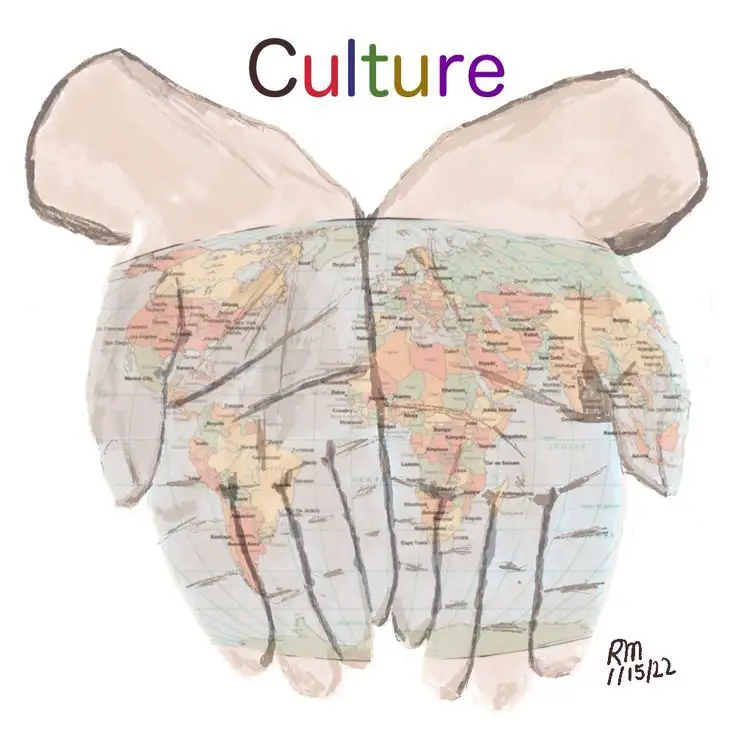
Challenges of Contemporary Culture
Exploring the realm of contemporary culture necessitates a closer examination of the challenges it presents.
Cultural Identity Crisis
We live in a world where cultures are increasingly blending together due to globalization. This deepening intersection between the economic and the cultural has led to challenges in previously stable cultural systems, forms of everyday life, and identities. As a result, many individuals struggle to maintain a strong sense of their cultural identity.
The impact of technology and the internet has also played a significant role in the formation of contemporary culture. With easier access to information and communication with people from diverse backgrounds, our sense of cultural belonging might become blurred, causing confusion and uncertainty in our self-identity.
Ethical Dilemmas
Another challenge presented by contemporary culture is the emergence of various ethical dilemmas. As cultural values and norms evolve, we are often faced with situations where there may be clashes between traditional ethics and contemporary thinking.
For instance, in a rapidly changing society where technological advancements are occurring at an unprecedented pace, we must grapple with issues such as privacy, surveillance, and data ownership. These concerns are particularly relevant given the ever-expanding role of technology in our lives and its influence on our cultural experiences.
Moreover, environmental and social issues have become increasingly prominent in contemporary culture. As we become more aware of the impact our actions have on the world around us, we are forced to address our individual and collective roles in contributing to these problems and seek solutions that help promote a sustainable and just society.
The Future of Contemporary Culture
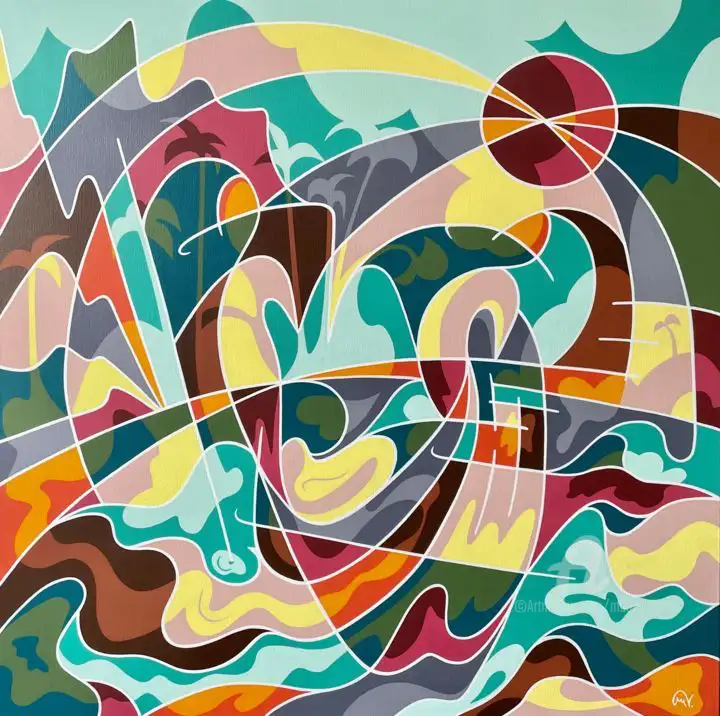
So, what is contemporary culture? As we progress into the future, it’s important to recognize the factors that are shaping our culture today and the potential impacts they’ll have on tomorrow’s society.
Technological Influence
As technology continues to advance, it plays an increasingly pivotal role in shaping contemporary culture. Social media platforms, for example, have transformed how we communicate, connect, and consume information. Streaming services have similarly revolutionized how we access and engage with movies, TV shows, and music. These advancements have not only changed our daily habits but have also created new forms of expression and artistic opportunities.
As we look to the future, emerging technologies such as virtual reality and artificial intelligence will likely have profound effects on our culture, from the ways we learn and work to the ways we entertain ourselves and engage with others.
Globalization and Its Effects
The increasing interconnectedness of our world thanks to the internet, trade, and travel has accelerated globalization, further influencing contemporary culture. This phenomenon has led to the sharing of ideas, traditions, and values from various geographical locations around the globe.
As a result, we’re exposed to diverse cultures and perspectives more than ever before. This can foster greater tolerance, collaboration, and appreciation for other cultures. However, it can also cause challenges in maintaining cultural identity and local traditions.
As globalization continues to progress, it will further shape our contemporary culture, both through enriching our experiences and posing new challenges for cultural preservation.
Role of Sustainability
Sustainability is another significant factor shaping contemporary culture. As we become increasingly aware of the environmental, social, and economic consequences of our actions, more people are seeking ways to live sustainably and improve our planet’s well-being.
Examples of this cultural shift towards sustainability can be seen in the growth of eco-friendly products, an emphasis on reducing waste and plastic usage, and movements towards plant-based diets and renewable energy sources.
The focus on sustainability will likely continue to grow over time, further impacting contemporary culture and the values and priorities we hold as a society.
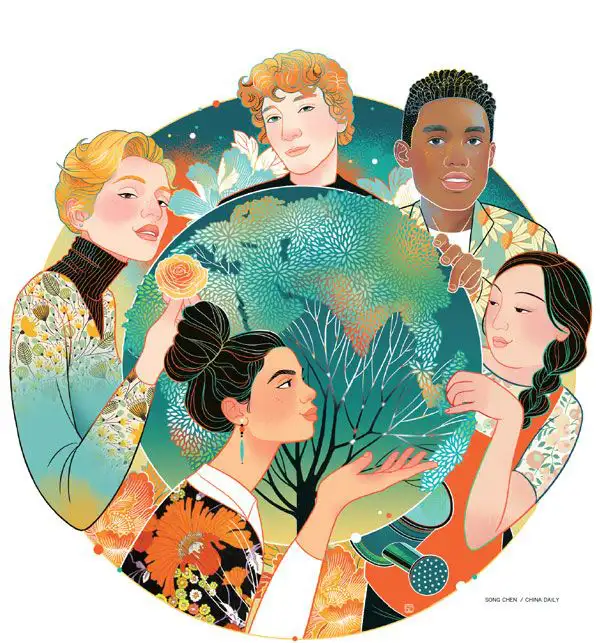
Our Opinion on Contemporary Culture
As we dive into the subject of what is contemporary culture, it’s essential to recognize how it impacts our lives. Contemporary culture, put, refers to the everyday manifestations, thoughts, ideas, and customs shared by a group of individuals. These aspects are transmitted through communication and help shape societies, creating traditions and activities that are passed down from generation to generation.
One particular aspect that intrigues us is how culture affects the way we think. Our cultural framework, or how we make sense of the world, plays a significant part in how we organize our knowledge and solve problems. Furthermore, it’s fascinating to see how this knowledge varies by culture, ultimately shaping our values and behavior.
In the age of globalization, contemporary culture has become a melting pot of traditions, ideas, and values. We consider this merging of cultures as an opportunity for growth, understanding, and acceptance. As we interact with various cultures, our own cultural identities become enriched and more adaptable to changes.
While there are undeniable benefits to the exchange of ideas and traditions, we should also be aware of the possible erosion of cultural roots. Striking a balance between embracing modernity and preserving heritage can be challenging but vital in shaping our contemporary cultural identity.
FAQ
What are some examples of contemporary culture?
Contemporary culture, spanning music, fashion, social media, film, TV, and art, mirrors society’s evolving values and beliefs, shaping our daily lives.
What is culture in contemporary society?
Contemporary society’s culture encompasses shared beliefs, values, customs, language, religion, and more. It evolves with emerging ideas and technologies.
What do you mean by traditional culture?
Traditional culture refers to the customs, beliefs, and practices of a specific group or society that have been passed down from generation to generation. These cultural traditions often reflect the history and values of a particular group and are an important part of their identity.
What does it mean to be in a culture?
Culture connects individuals through shared beliefs, values, shaping worldviews and identities, fostering connections among those with similar experiences.
If you enjoyed this blog post on the subject of “What is Contemporary Culture,” be sure to drop a comment below sharing your thoughts and experiences.
If you want to keep reading more from us, have a look at these articles.

